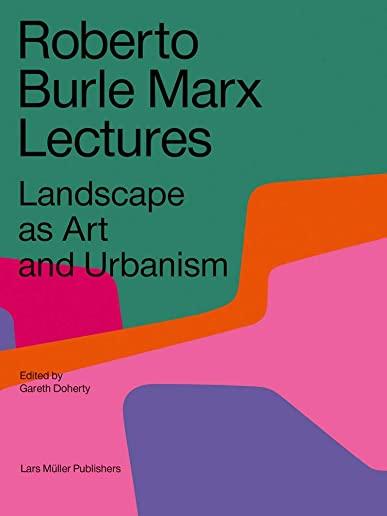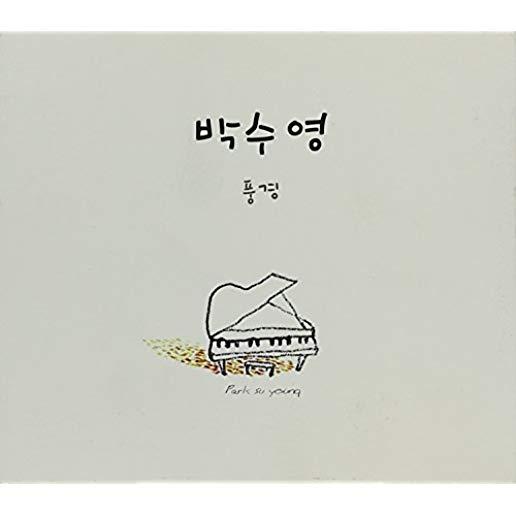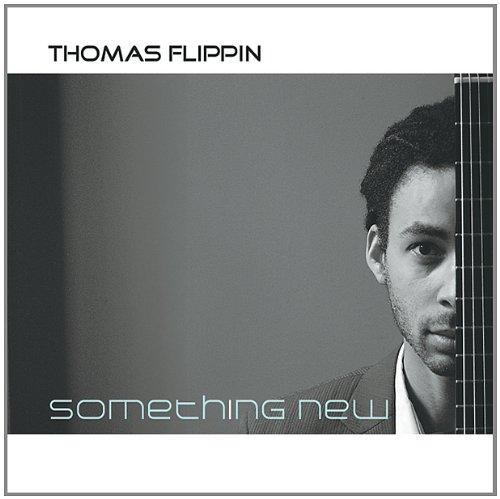
Making Abolitionist Worlds gathers key insights and interventions from today's international abolitionist movement to pose the question: what does an abolitionist world look like? The Abolition Collective investigates the core challenges to social justice and the liberatory potential of social movements today from a range of personal, political, and analytical points of view, underscoring the urgency of an abolitionist politics that places prisons at the center of its critique and actions.
In addition to centering and amplifying the continual struggles of incarcerated people who are actively working to transform prisons from the inside, Making Abolitionist Worlds animates the idea of abolitionist democracy and demands a radical re-imagining of the meaning and practice of democracy. The Abolition Collective brings us to an Israeli prison for a Palestinian feminist reflection on incarceration within settler colonialism; to protest movements in Hong Kong and elsewhere, that use "abolition democracy" to advocate for the abolition of the police; to the growing culture of "aggrieved whiteness" in the United States, which trucks in fear, anger, victimhood, and a demand for vengeance to maintain white supremacy; to the punitive landscapes that extend from the incarceration of political prisoners to the mass deportations and detentions along the U.S. southern border.
Making Abolitionist Worlds shows us that the paths forged today for a world in formation are rooted in antiracism, decolonization, anticapitalism, abolitionist feminism, and queer liberation.







